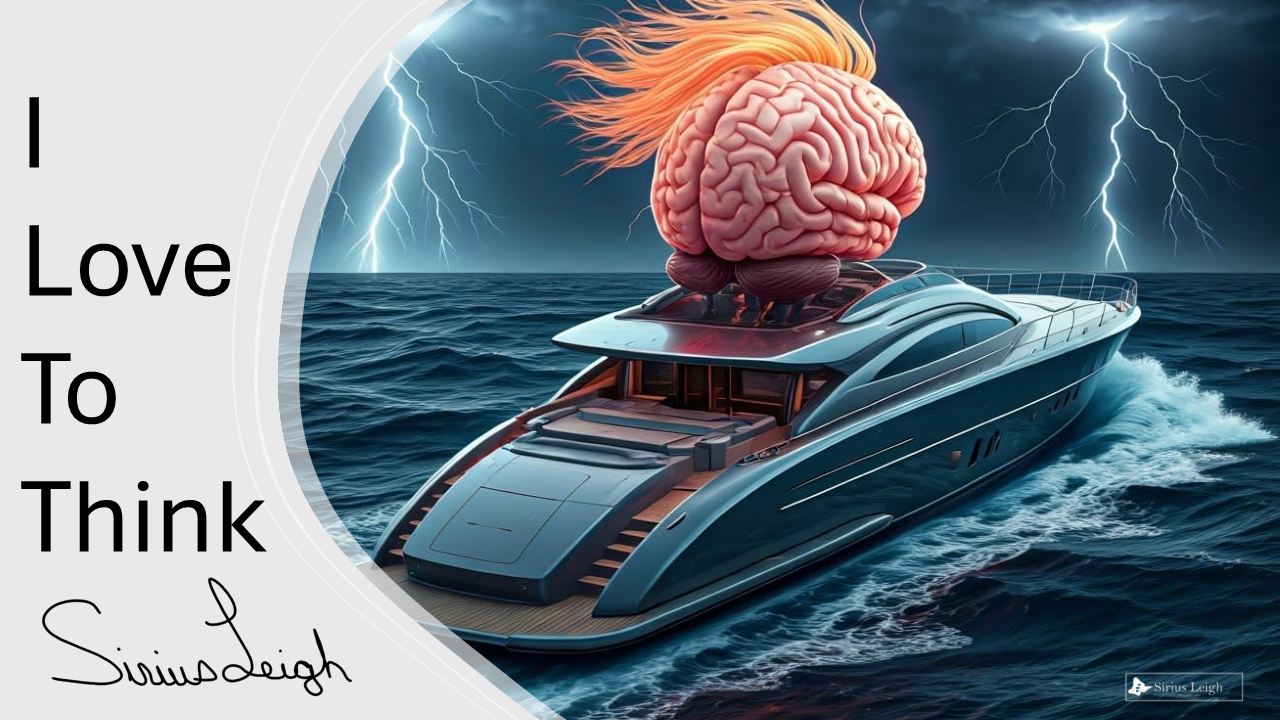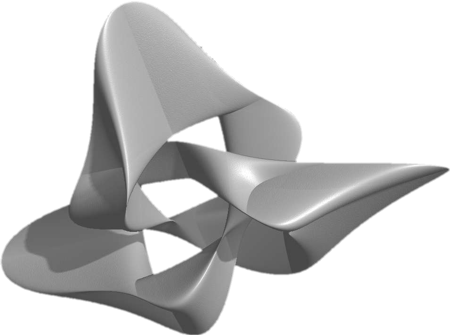
Mind-Traveler

Mind travel, a term that encapsulates the ability to traverse mental landscapes beyond the constraints of time, space, and physicality, is an intriguing cognitive phenomenon. It encompasses imaginative, introspective, and abstract modes of thinking that allow individuals to mentally explore realms far removed from their immediate environment.
This concept finds its roots in both ancient philosophical traditions and modern psychological theories, bridging the gap between the tangible and intangible worlds.
Origins and Philosophical Foundations
The idea of mind travel has existed in various forms throughout history. In ancient Greek philosophy, figures like Plato discussed the notion of the mind transcending the physical world to access higher realms of understanding and truth. Eastern philosophies, such as Buddhism and Hinduism, emphasize mental journeys through meditation, where practitioners achieve heightened states of awareness and self-realization.
In more recent history, the Romantic poets of the 18th and 19th centuries celebrated the power of imagination as a means of mental escape and creative exploration. William Wordsworth and Samuel Taylor Coleridge, for instance, viewed imagination as a pathway to understanding the sublime and the infinite, concepts that defy physical limitations.
Modern Psychological Perspectives
From a psychological standpoint, mind travel can be seen as a manifestation of various cognitive processes, such as mental simulation, daydreaming, and memory reconstruction. These processes involve the brain’s ability to:
- Project into the Future: Envisioning scenarios and outcomes that have yet to occur.
- Revisit the Past: Reconstructing memories to gain insights or relive experiences.
- Engage in Abstract Thought: Contemplating hypothetical situations, complex problems, or philosophical ideas.
Neuroscientific studies have identified the default mode network (DMN) as a key player in these mental activities. The DMN is a network of brain regions activated during restful states when the mind is not focused on external tasks. It facilitates the mental exploration essential for creativity, problem-solving, and self-reflection.
Applications of Mind Travel
Mind travel has practical applications in various domains:
- Therapy and Healing: Techniques like guided imagery and visualization enable individuals to mentally “travel” to calming or empowering settings, aiding in stress reduction and trauma recovery.
- Education and Training: Simulations and role-playing exercises allow learners to mentally immerse themselves in real-world scenarios, enhancing understanding and retention.
- Creativity and Innovation: Artists, writers, and inventors often use mind travel to generate novel ideas and envision groundbreaking concepts.
- Mindfulness and Meditation: Practices that encourage introspection and mental journeys foster greater self-awareness and emotional regulation.
Challenges and Limitations
While mind travel offers numerous benefits, it also presents challenges. Excessive daydreaming or rumination can lead to disengagement from reality and reduced productivity. In some cases, persistent negative mental journeys may contribute to anxiety or depression. Balancing constructive mind travel with present-moment awareness is crucial for maintaining psychological well-being.
The Future of Mind Travel
Advances in technology, such as virtual reality (VR) and brain-computer interfaces (BCIs), are expanding the horizons of mind travel. These tools provide immersive experiences that blur the boundaries between physical and mental exploration, allowing users to “visit” places and scenarios with unprecedented realism. As our understanding of the brain deepens, the potential to harness mind travel for personal growth and societal benefit continues to grow.
Conclusion
Mind travel is a testament to the boundless potential of human cognition. By exploring the landscapes of our minds, we not only escape the confines of the physical world but also gain profound insights into ourselves and the universe. As we continue to refine our ability to navigate these mental journeys, we unlock new possibilities for creativity, understanding, and transformation.
Mind Travel: Exploring the Frontiers of Cognitive Exploration
